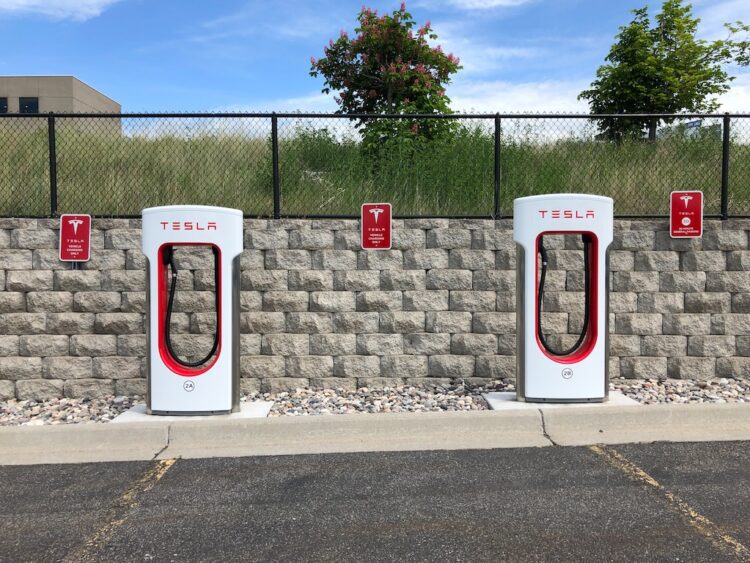Electric cars are on the rise. As gas prices continue to rise, more consumers are looking for ways to save money on fuel. And electric vehicles (EVs) could be the answer to that problem. With all the recent attention EVs have been getting, now is a great time to consider an EV for your next car purchase. But before you pull the trigger, it makes sense to do some research and learn all you can about electric vehicles.
Here are three must-know facts about EVs.
EVs Aren’t that Expensive to Maintain
Maintaining a gas-powered car isn’t cheap — between oil changes, tires, radiator fluids, brakes, and other annual maintenance, there are quite a few parts that need to be repaired regularly.
In an EV, less is more. Tires contribute significantly to the cost of regular maintenance because they need to be rotated roughly every six months. A battery-powered vehicle has only one engine—its batteries, so EV owners save twice as much on maintenance and repairs compared to those driving internal combustion engine (ICE) vehicles. In terms of annual maintenance costs, electric vehicles have proven to be significantly less expensive than gas-powered cars.
EVs Are More Efficient
A vehicle’s efficiency is measured by the amount of energy put into it, either gasoline or electricity, compared to how much that vehicle can use to move forward. The US Department of Energy estimates that electric vehicles convert about 77% of the energy to motion at the wheels. In comparison, gasoline-powered vehicles only convert between 12% and 30% of energy to the wheels. This suggests that EVs are two to three times more efficient when compared to ICE vehicles. Due to the higher efficiency of EVs, they produce less waste that is released into the environment.
EVs Are Safer and More Reliable than Gas-Powered Cars
Because they have fewer moving parts than ICE vehicles, electric vehicles are usually less prone to mechanical error. Due to this lower scope of error, driving an EV keeps the driver and passengers safer on the road compared to conventional vehicles.
EVs have a lower center of gravity because the battery is located between the wheelbases and beneath the passengers. This lower center of gravity makes rollovers less likely if the vehicle is involved in an accident, keeping you and your passengers safe.





